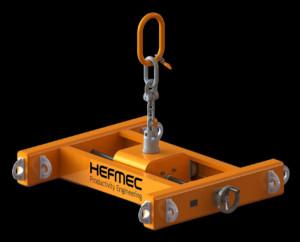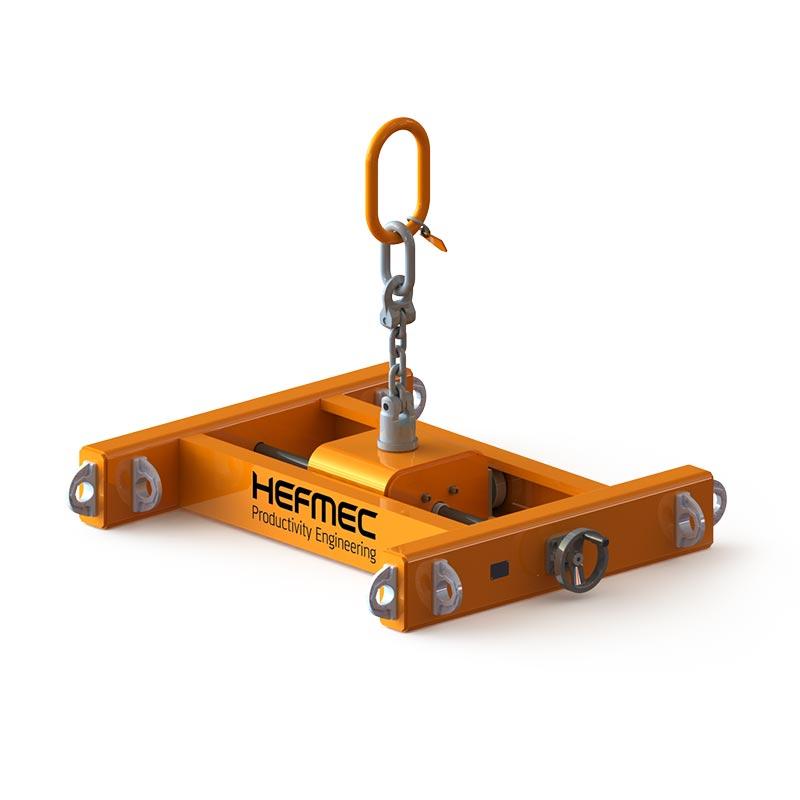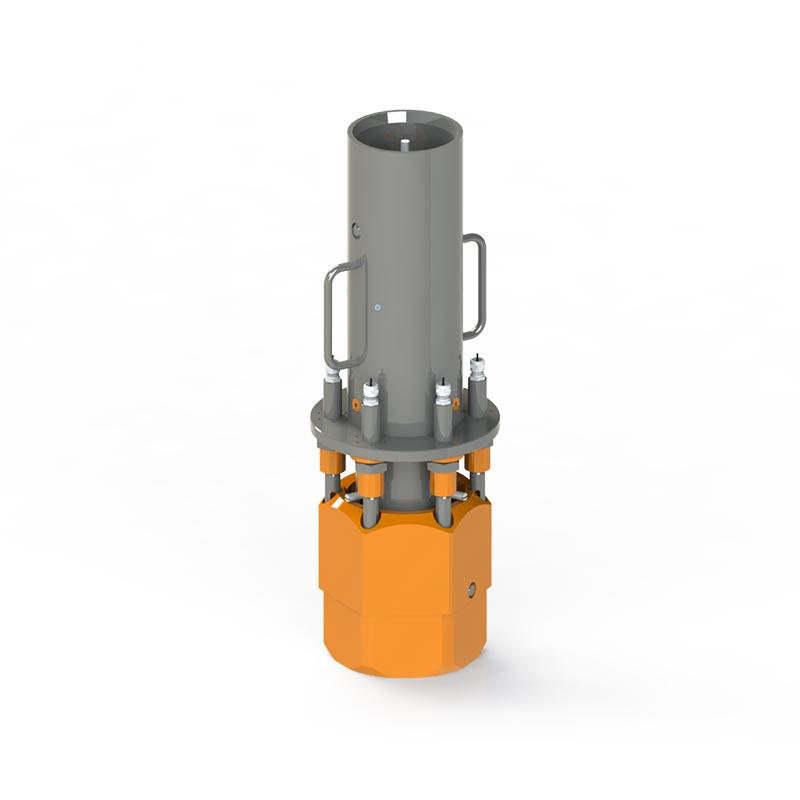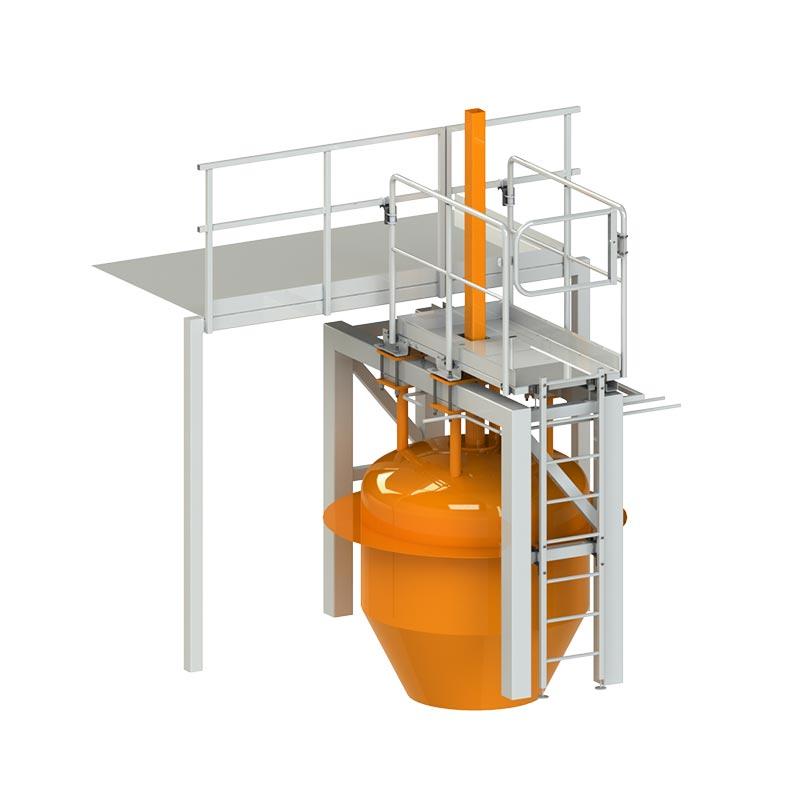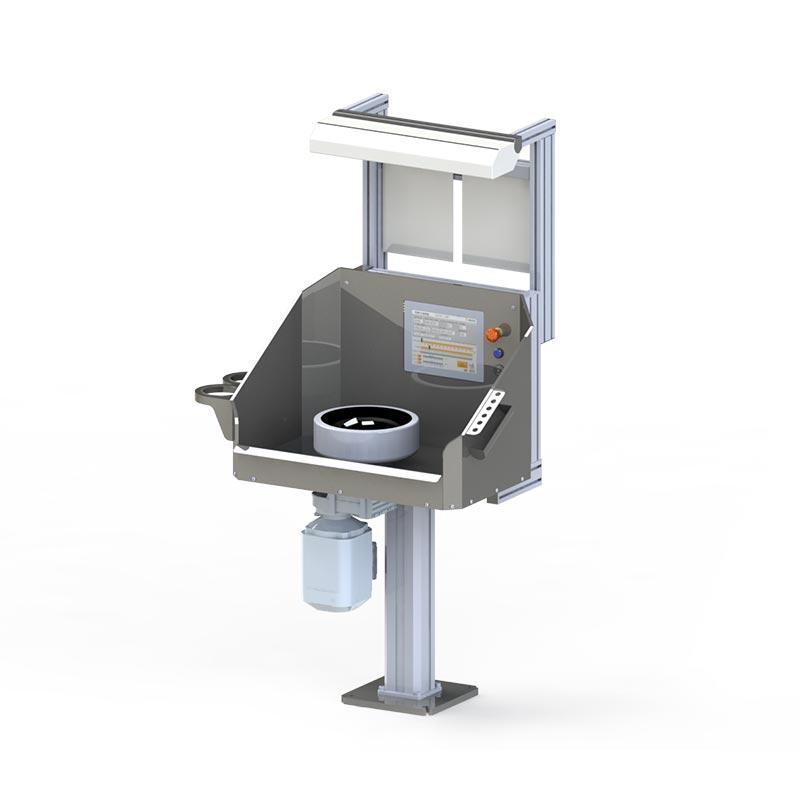In large industrial projects, choosing the right maintenance tools is critical to ensure efficiency, safety and quality. Tools that are valued for their durability include hydraulic torque wrenches, pneumatic tools, special tools and advanced digital measuring equipment. These ensure accuracy, efficiency and reliability in demanding industrial environments, essential for the success of large projects.
Which industrial maintenance tools are particularly useful for large projects?
Large industrial projects require reliable and efficient maintenance tools that can withstand heavy use and ensure accurate results. Torque tools are a critical part of the industrial tooling portfolio, enabling the application of precise tightening torques on joints, which is vital for the safe operation of equipment.
Hydraulic tools provide superior power in situations where high torque is required to handle heavy components. Hefmec hydraulic service tools are designed to withstand heavy industrial use and ensure precision in the most demanding conditions.
Specialised tools, such as customised part handling equipment, are often essential for efficient project delivery. Hefmec has completed over 1000 tool projects in collaboration with users, ensuring that we know how to make tools safe and work smoothly.
Why are hydraulic torque wrenches essential in heavy industry?
Hydraulic torque wrenches are indispensable in heavy industry because of the powerful torque and precision they provide. In large industrial plants, such as power plants and process industries, there are many critical bolted joints that need to be tightened within precisely defined limits.
Hefmec hydraulic torque wrenches allow for smooth and precisely defined torque, which significantly reduces the possibility of human error. This is particularly important in safety-critical applications, such as pressure vessel connections and fastening heavy structures.
Hydraulic tools also have the advantage of being usable in confined spaces and can achieve very high torques. In wind turbines, for example, where precise torque is required for tower and rotor attachments, Hefmec hydraulic solutions have proven to be reliable and accurate.
How can pneumatic tools make industrial maintenance more efficient?
Pneumatic tools are an excellent choice for industrial maintenance work thanks to their durability, power and ease of use. Pneumatic tools do not require electricity, making them safe to use in areas where flammable materials or moisture are present.
The pneumatic tools offered by Hefmec are specifically designed for industrial maintenance, offering long life and low maintenance. A major advantage of these tools is their energy efficiency and durability in continuous use, making them ideal for industrial environments.
Pneumatic tools are widely used for assembly, tightening screws and bolts, and demolition work. Their use speeds up maintenance operations and reduces the physical strain on workers, improving both efficiency and safety. Hefmec’s pneumatic solutions are always designed to meet the needs of the user, ensuring optimal suitability for the maintenance task at hand.
How can special tools reduce downtime in industry?
Tailor-made special tools are key to minimising downtime in industrial plants. Standard tools are not always suited to the specific needs of industry, with customised solutions delivering significant time savings in maintenance and repair work.
Hefmec designs and manufactures special tools that are precisely tailored to the customer’s needs. For example, axle handling trolleys and spherical turning tables are examples of special tools that facilitate the safe and efficient handling of heavy components.
A concrete example of time savings is the case of one of our industrial customers, where a customised handling tool reduced turbine maintenance time by 30%, resulting in significant cost savings while reducing production downtime. The specialised tools also allow the work to be carried out by a smaller number of people, which improves safety and further reduces costs.
We always take into account the geometry of the piece and any special requirements, such as sensitive or vulnerable surfaces. If necessary, the gripping surfaces are protected with rubber.


